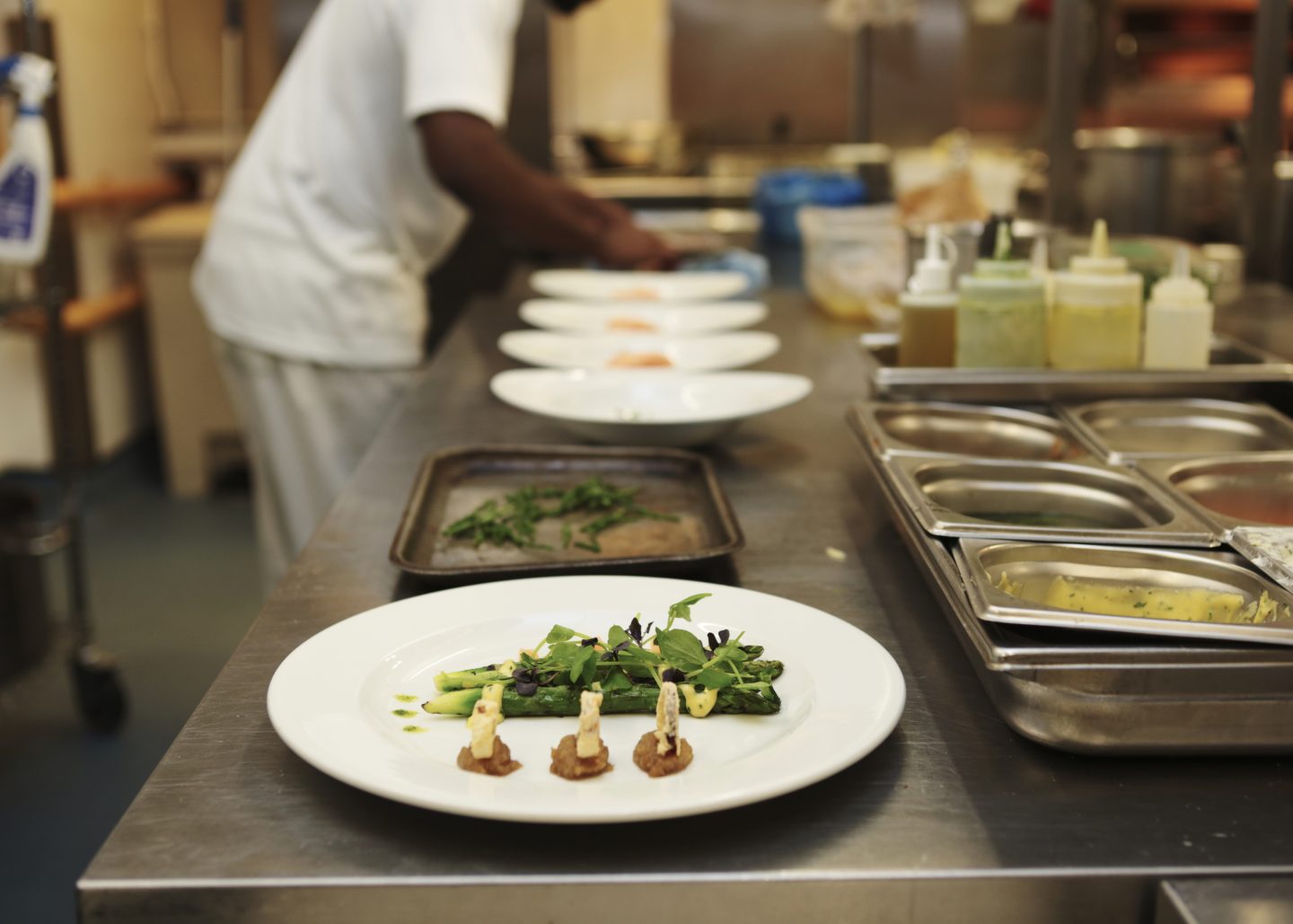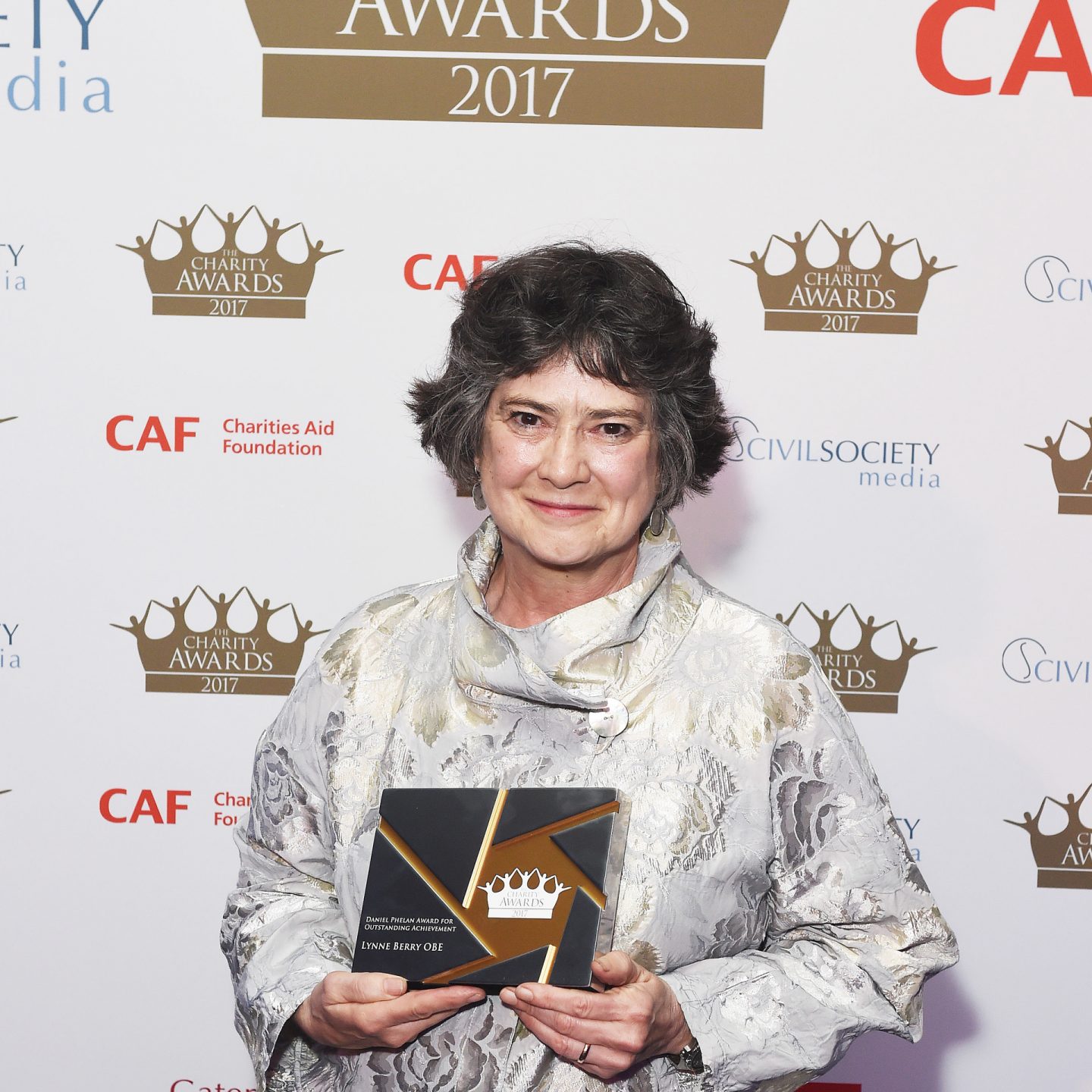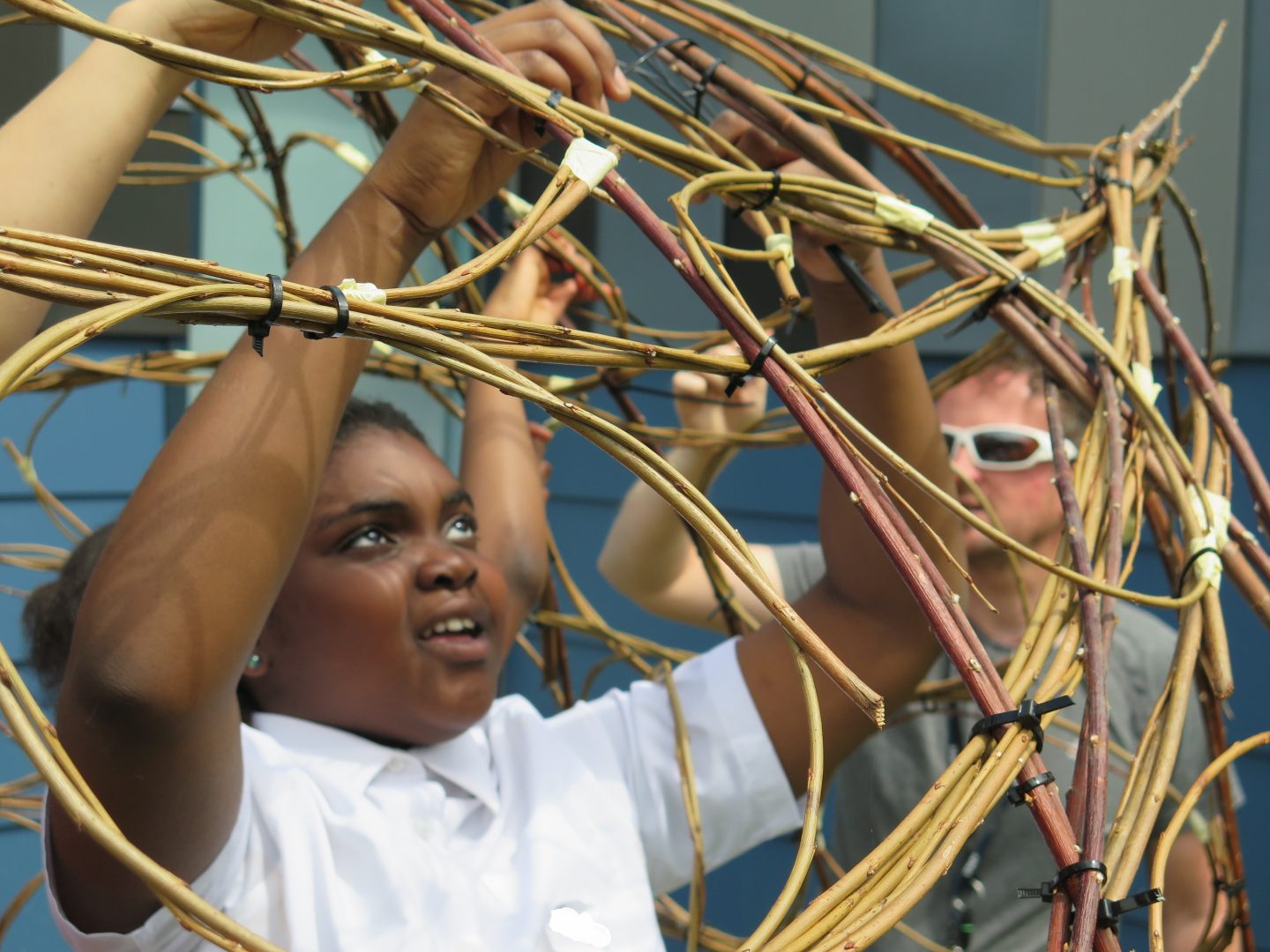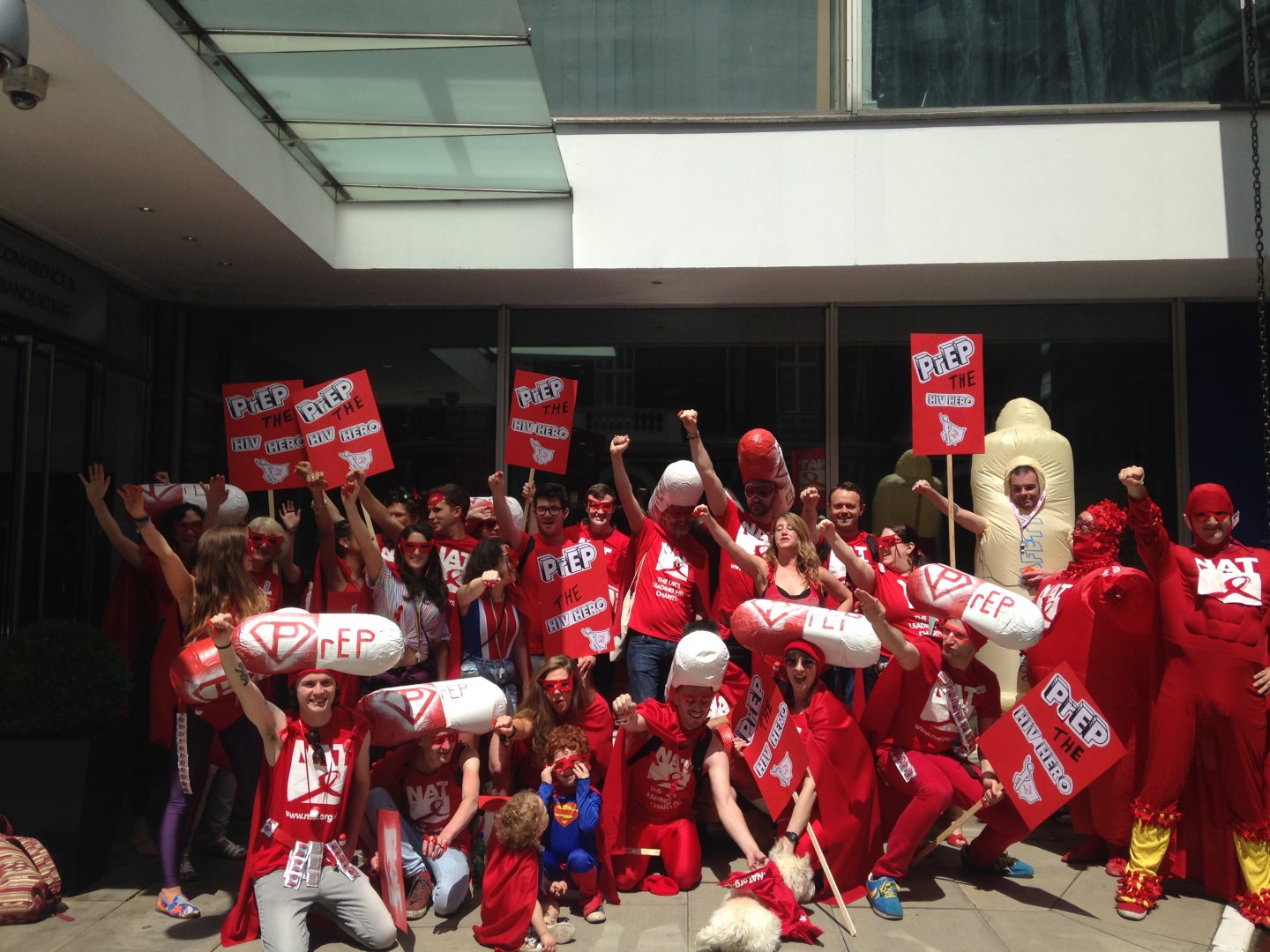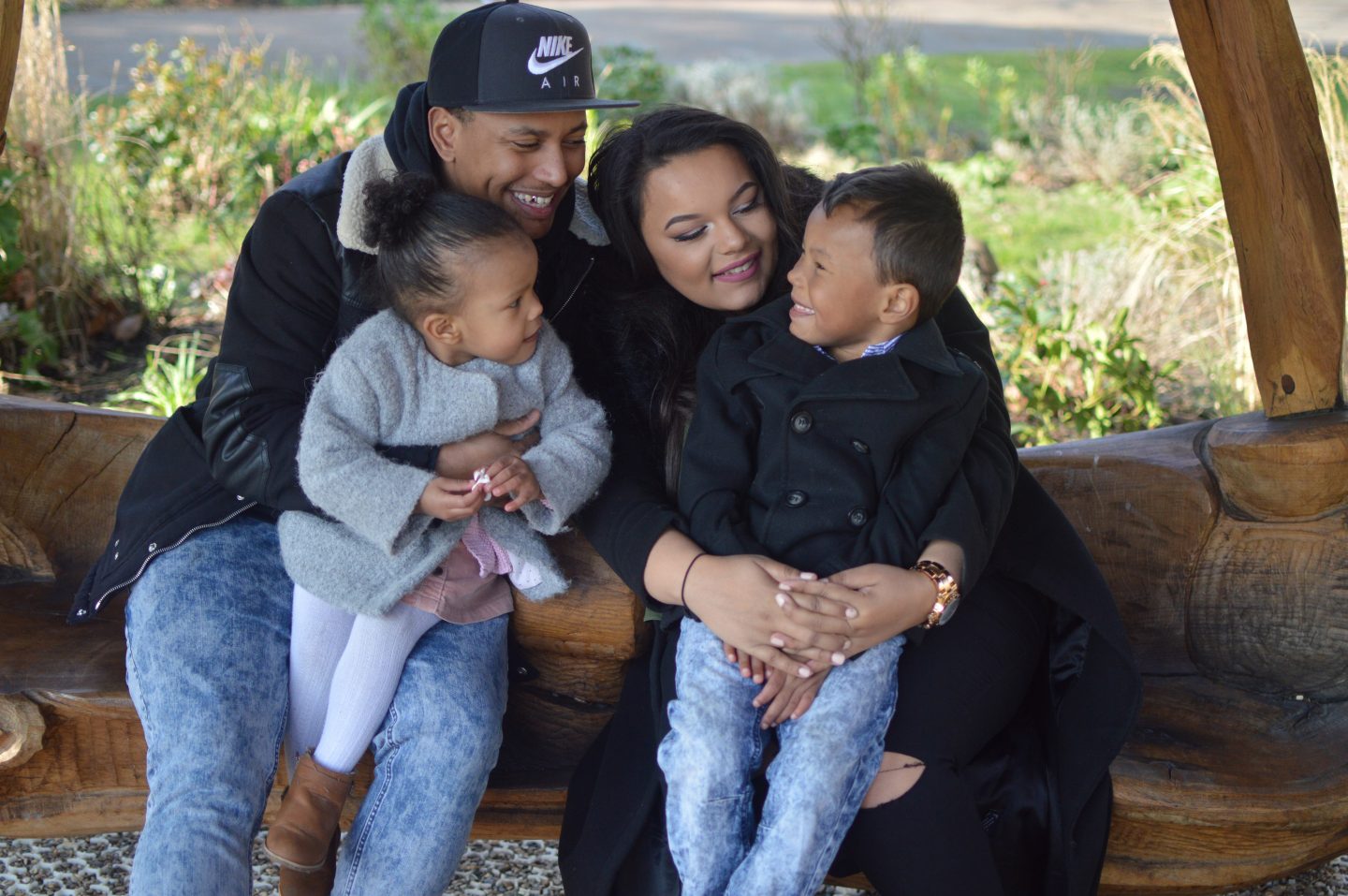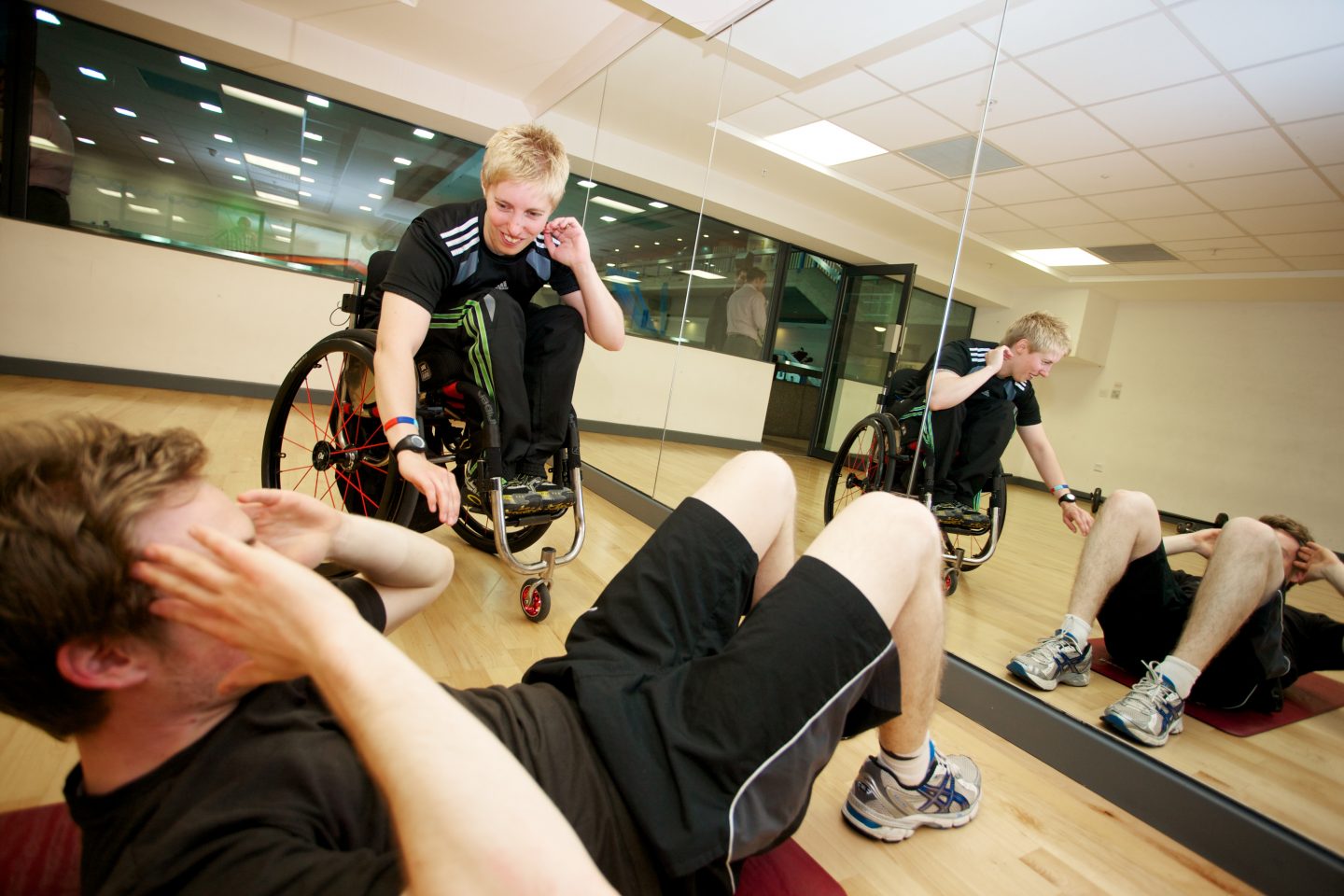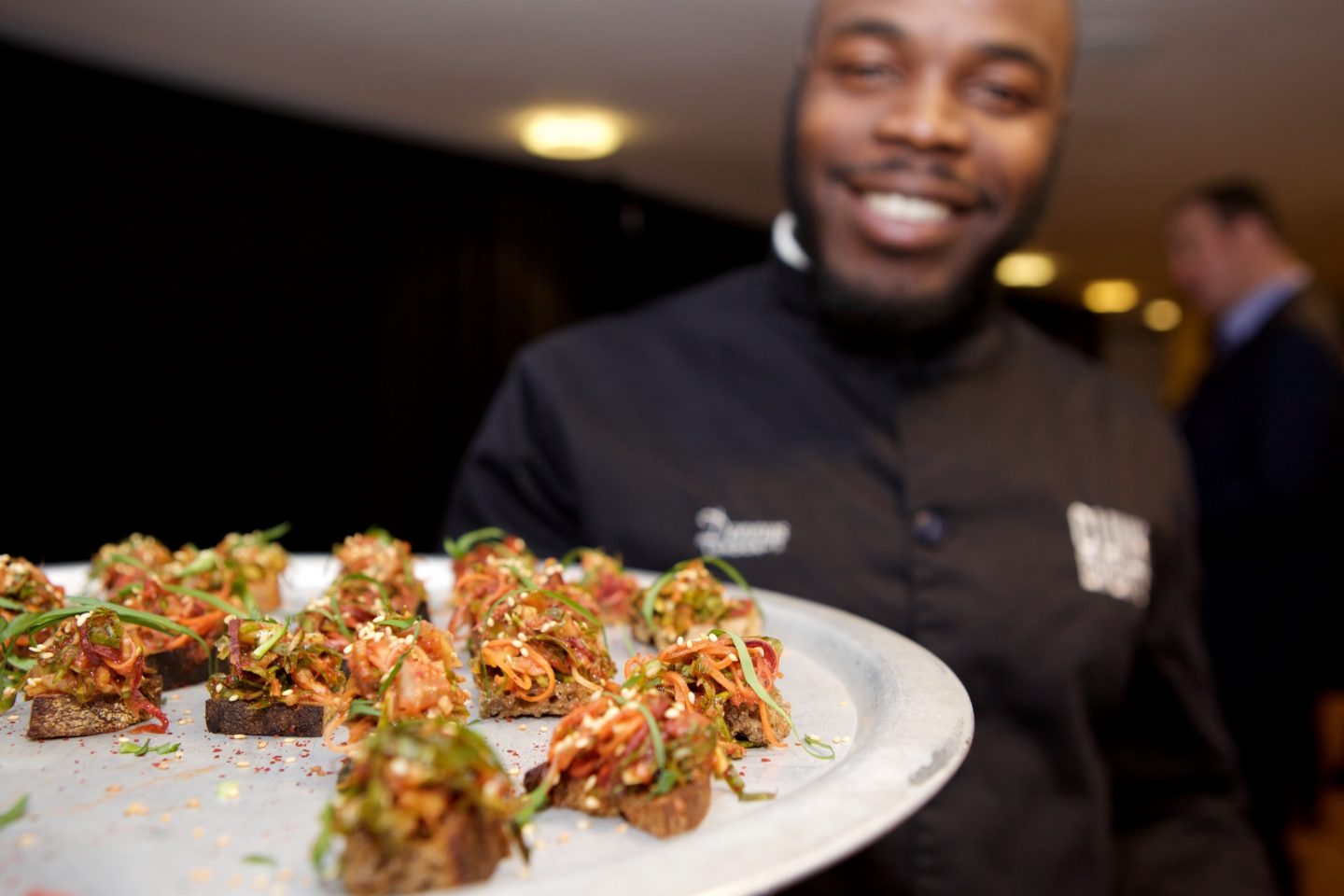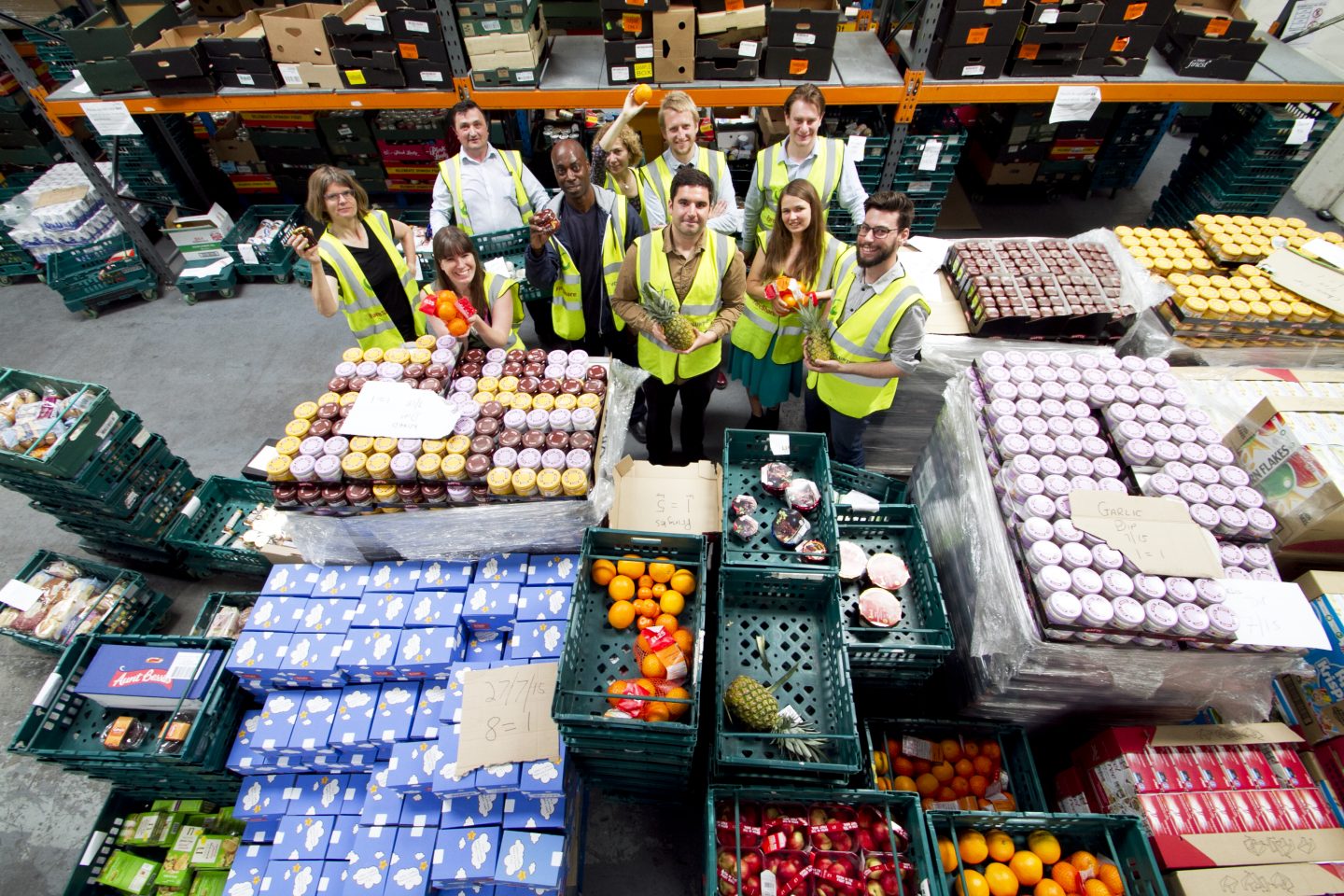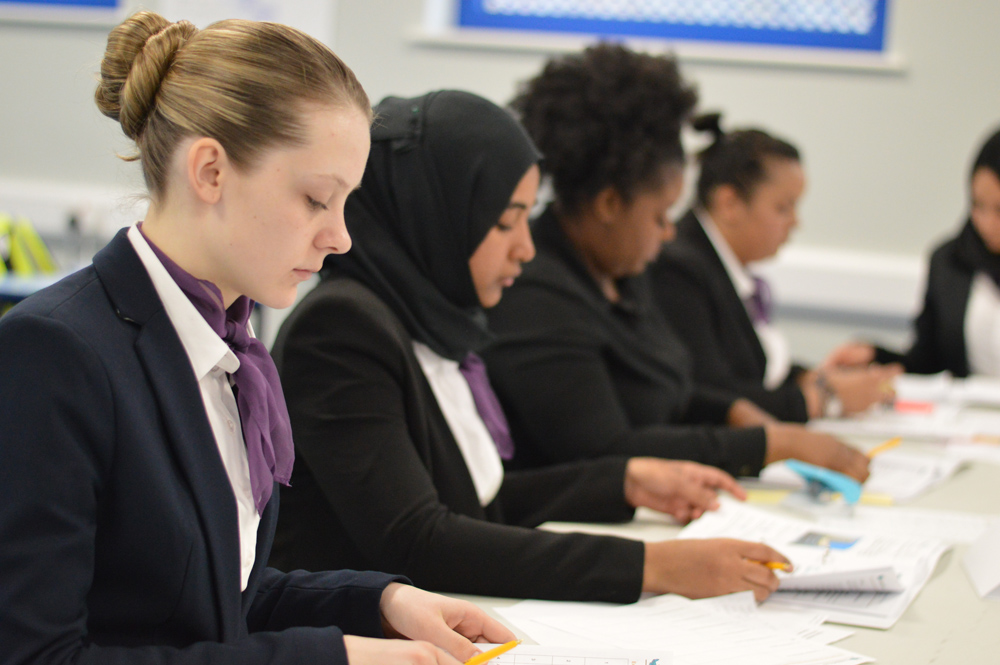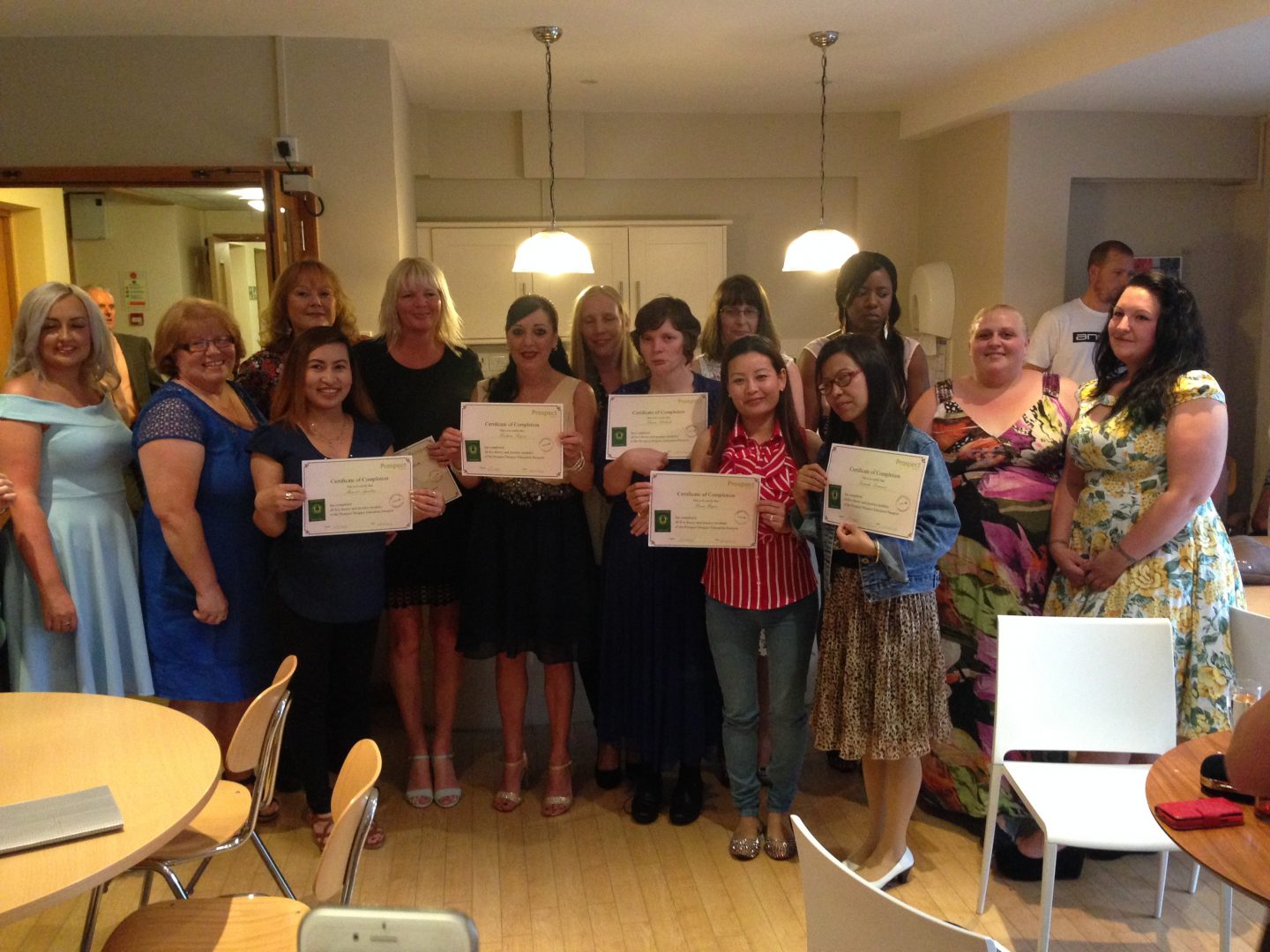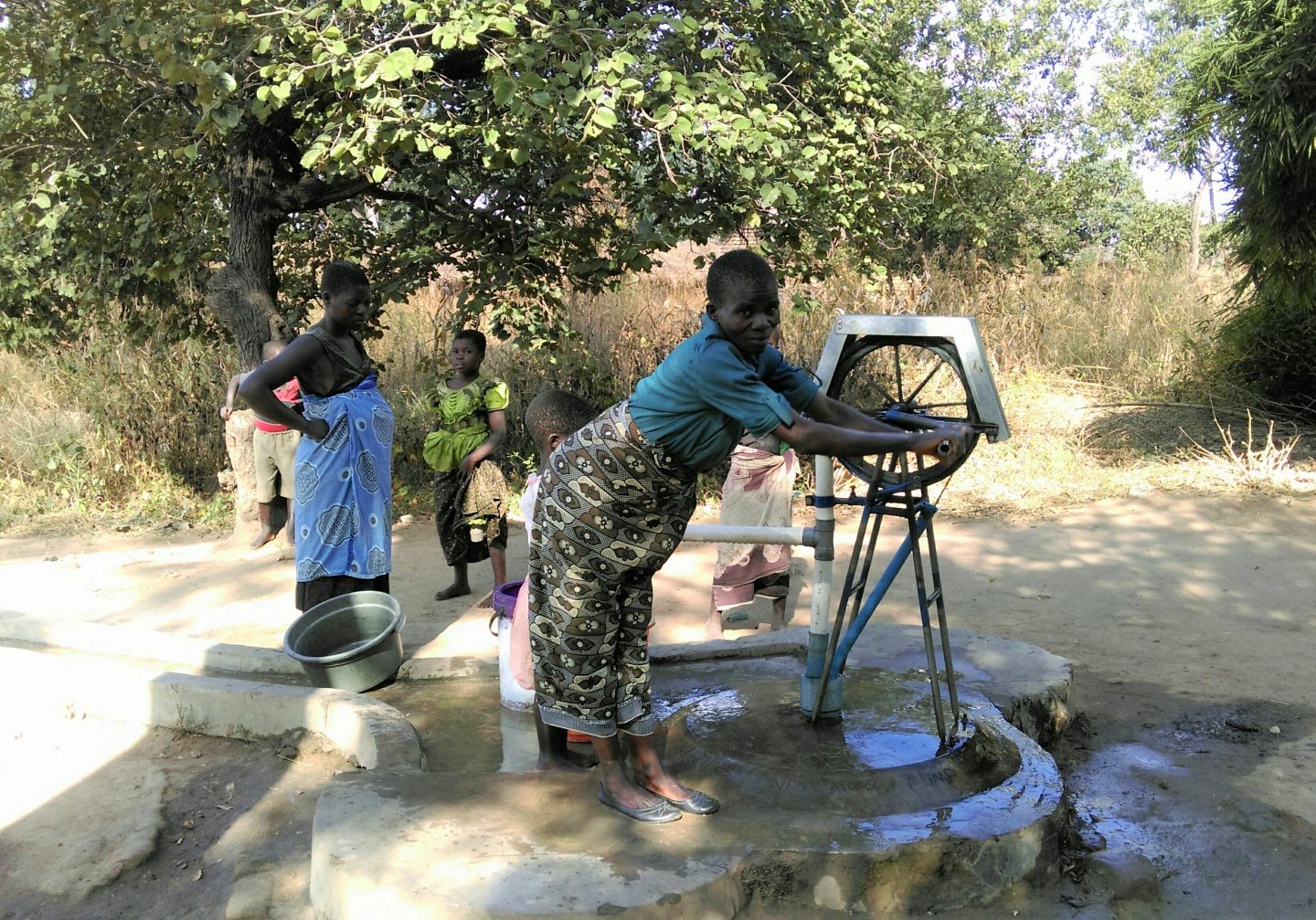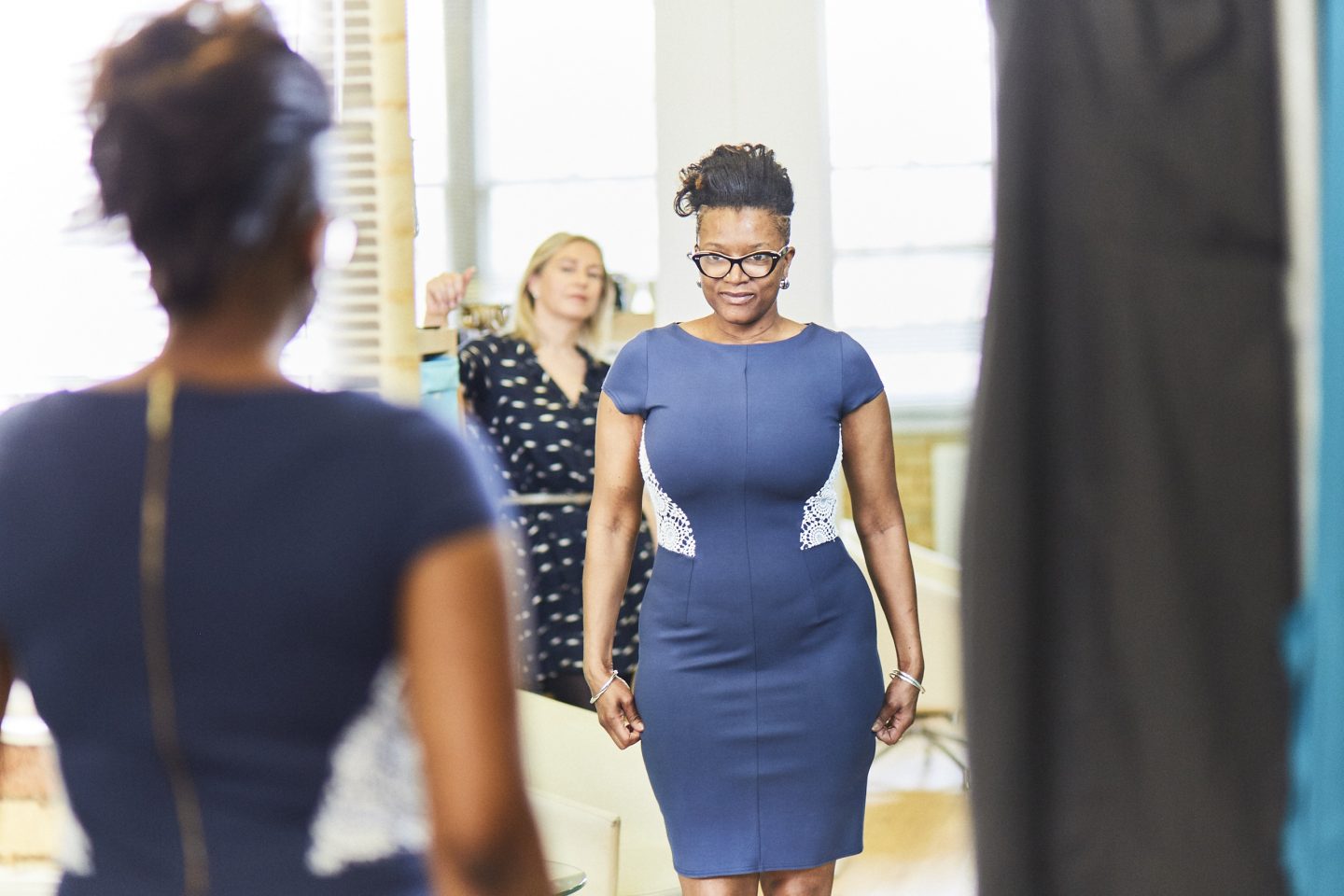2017
Learn about our winning and shortlisted entries from The Charity Awards 2017
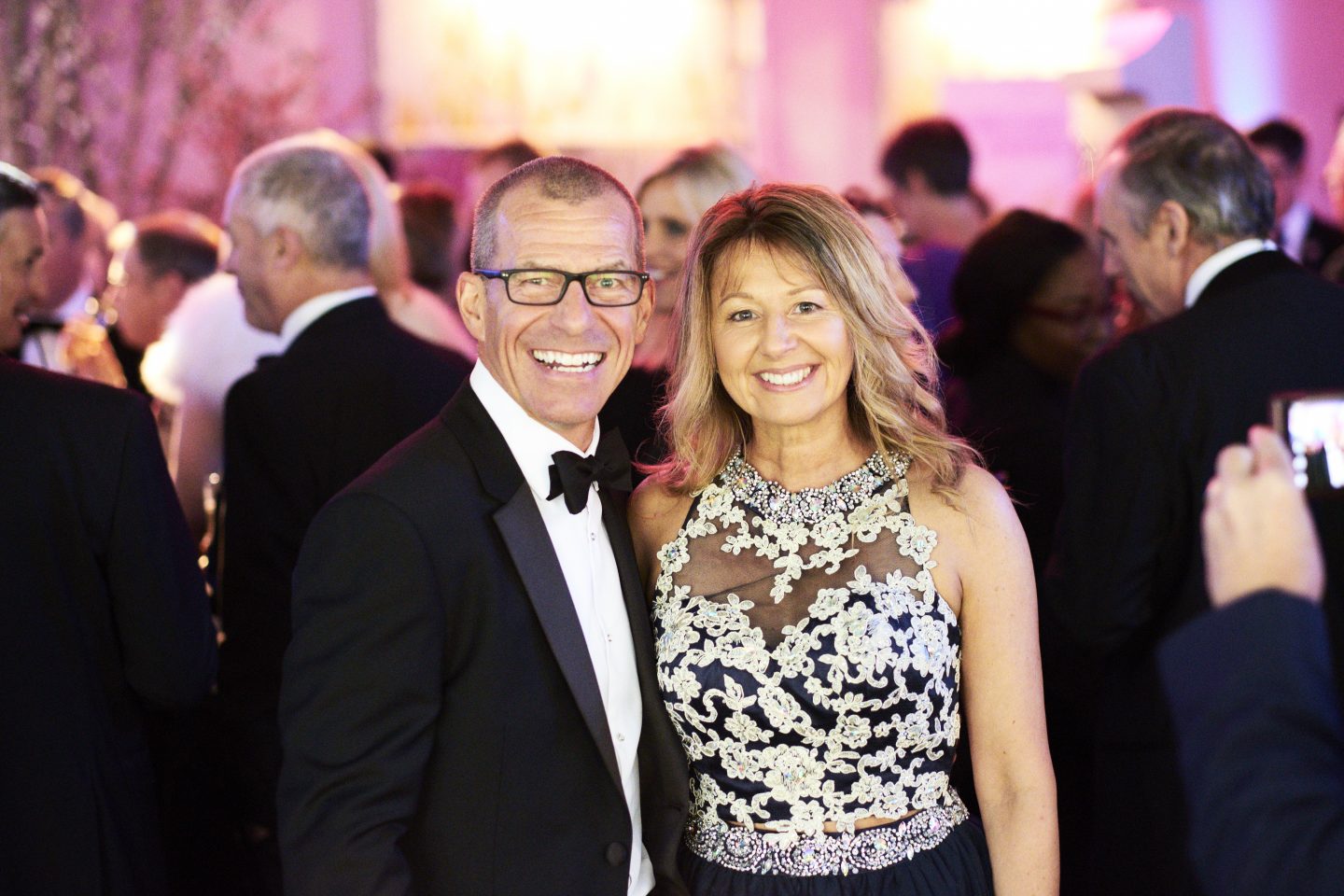
The 2017 Charity Awards Gallery
The Charity Awards 2017 took place on the 8 June at the Pavillion in the grounds of the Tower of London. Ten organisations were honoured with awards in ten categories covering all types of charitable activity in the UK, with The Clink Charity, winner of the education and training category, being chosen as the Overall Winner. Click here to see all the photos from the night including winners, celebrities and sector VIPs.
Winners
Overall award
The Clink Charity
Reducing re-offending rates among prisoners through training. The Clink Charity was set up to reduce reoffending rates, which remain stubbornly and startlingly high. The most recent figures show that 44 of every hundred adults released from custody go on to reoffend within a year. The figure is higher for prisoners sentenced to less than a year.
Outstanding achievement
Lynne Berry
Lynne Berry has held top jobs at quite a few of the sector’s most recognised organisations. Most notably, she led the Charity Commission and Women’s Royal Voluntary Service. Berry describes herself as “still a community worker at heart” and says she has tried to contribute not just through her day job, but “as a volunteer, an activist, a campaigner and of course as a trustee”. She believes that movements and communities, not big organisations, are the real heart of the sector.
Arts, culture and heritage
Create
The creative:connection project, which this charity won for, was born out of the idea that disability prejudice and access to the arts are directly correlated. Creative arts charity Create felt that both disabled and non-disabled people can equally benefit from disabled people having access to the arts – as it can boost self-esteem, confidence, visibility and acceptance.
Campaigning and advocacy
National Aids Trust
When the NHS announced that it would not consider funding a new prophylactic drug, PrEP, which prevents the transmission of HIV, the National Aids Trust decided to challenge the decision. Successfully challenged an NHS decision on an effective HIV prevention pill The trust is a policy body which lobbies to reduce HIV and AIDS, and had been working with the NHS for 18 months, helping it to gather evidence to help it decide whether to commission the drug
Children and youth
The Lullaby Trust
The Lullaby Trust, a charity which helps prevent cot death among infants, found that parents under the age of 20 were four times as likely to lose a child to sudden infant death syndrome, or SIDS. Infant mortality in general was 44 per cent higher for this group. Faced with the spectre of unnecessary death among babies, the charity decided to reach out to young parents to discover the barriers which prevent them from accessing advice. It found that young parents in London experience disapproving attitudes from professionals and a difficult environment, leading to isolation and depression. But they were also less likely to follow advice about care for their babies.
Disability
Aspire
There are 10 million disabled people in the UK and less than 8 per cent are estimated to be achieving the recommended levels of physical activity. Aspire provides practical help to those who have been paralysed by spinal cord injuries. It wanted to create more disabled role models working in the fitness industry, and established InstructAbility, which provides free, accessible training to unemployed, disabled people.
Education and training
The Clink Charity
The Clink Charity was set up to reduce reoffending rates, which remain stubbornly and startlingly high. The most recent figures show that 44 of every hundred adults released from custody go on to reoffend within a year. The figure is higher for prisoners sentenced to less than a year. The charity provides a vocational scheme which prepares prisoners for a professional working environment though hands-on experience in its chain of restaurants, which offer fine dining to paying customers.
Environment and conservation
FareShare UK
FareShare was set up more than 20 years ago in response to a simple, glaring discrepancy: while people in the UK were going hungry, food producers and supermarkets in the UK were throwing perfectly good food away, for minor reasons such as misprinted labels, discolourations, or simply because there had been a bumper crop.FareShare makes deals with producers to redistribute surplus food to community groups and charities across the UK, and that network is growing rapidly.
Grantmaking and funding
East End Community Foundation
In 2013 10.6 per cent of people in the East End of London were unemployed, compared with a city-wide average of 8.9 per cent and a nationwide average of 7.9 per cent. Young unemployment and long-term unemployment were particularly high. The East End Community Foundation set about piloting an innovative model to bring together multiple donors over many years, to work together to address the problem. It began by focusing on a single iconic building: 20 Fenchurch Street, known as the Walkie-Talkie.
Healthcare and medical research
Prospect Hospice
Prospect Hospice and Swindon Clinical Commissioning Group were faced with the simple fact that too many people were dying in hospital in their area – people who did not wish or need to. These people were enduring unnecessary discomfort, hindering hospital staff, and wasting resources. The charity and the CCG identified a need to help care home staff learn more about how to provide palliative care to the terminally ill.
International aid and development
Pump Aid
Pump Aid aims to fix problems with the traditional supply of water, via pumps, to some of the world’s poorest people. Its first project is in Kasungu, a province of Malawi, where water is in short supply. DfID estimates that at any given time 40 per cent of community water points in Malawi are not working, because people lack the skills to fix them. Pump Aid aims to treat people as customers, not beneficiaries, and apply commercial principles: a self-supply approach.
Social care, advice and support
Smart Works
Smart Works exists to help unemployed women into work, by growing their interview skills, and providing them with professional clothes to boost their confidence. Women are more likely to have breaks in their employment record due to caring responsibilities and many of Smart Works’ clients have applied for a significant number of jobs before coming to the charity. The charity works alongside the prison service, care service, homeless shelter and refuges to help their clients. It also works alongside a number of high profile fashion labels.

